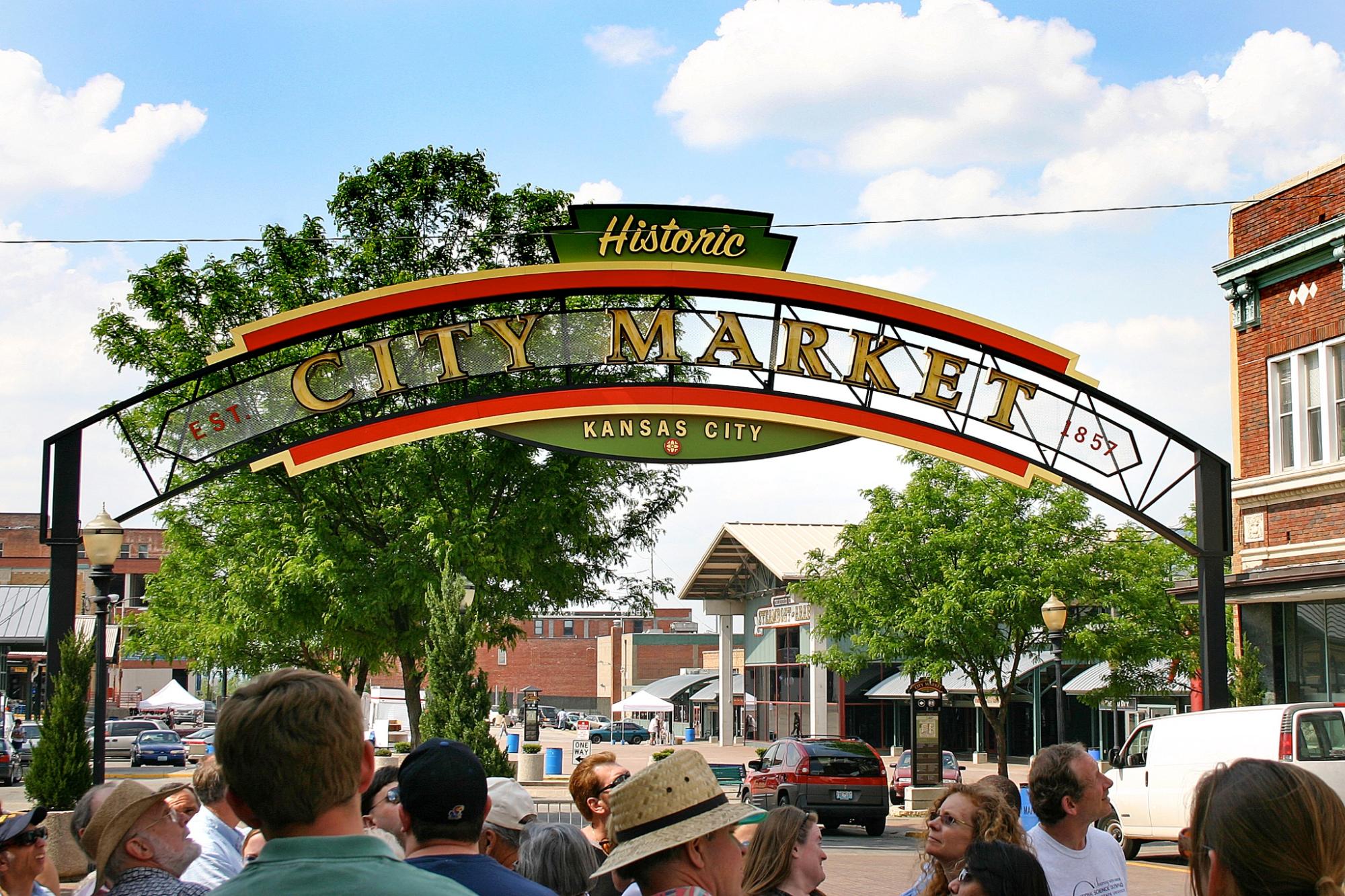
1. Introduction to City Markets
What is a city market? At its core, a city market is a dynamic marketplace where vendors gather to sell a diverse array of goods, ranging from fresh produce and local crafts to exotic spices and vintage treasures.
Importance of city markets in urban life City markets serve as communal gathering places where neighbors meet, artisans showcase their talents, and visitors immerse themselves in the pulse of the city. They are not just places to shop; they are vibrant expressions of local culture and identity.
2. History and Evolution
Origins of city markets City markets trace their roots back to ancient civilizations, where traders congregated in central squares to exchange goods and ideas. These early markets were the lifeblood of urban centers, fostering economic growth and cultural exchange.
Evolution over time Over the centuries, city markets have evolved in response to changing societal needs and advancements in technology. What began as simple trading posts have transformed into sprawling complexes teeming with activity.
3. Types of City Markets
Traditional markets Traditional markets, often located in historic city centers, evoke a sense of nostalgia with their labyrinthine alleys and centuries-old architecture. Here, shoppers can haggle with vendors and discover hidden gems amidst the chaos.
Farmer’s markets Farmer’s markets offer a direct connection between producers and consumers, showcasing the bounty of the local harvest. From farm-fresh produce to artisanal cheeses, these markets celebrate the agricultural heritage of the region.
Flea markets Flea markets, with their eclectic mix of vintage clothing, antiques, and oddities, attract treasure hunters and bargain seekers alike. Here, one man’s trash truly becomes another man’s treasure.
Specialty markets Specialty markets cater to niche interests, whether it’s gourmet food, handmade crafts, or exotic spices. These markets offer a curated selection of goods for discerning shoppers with specific tastes.
4. Key Features of City Markets
Diversity of products One of the defining features of https://kluweralert.com/ is the sheer diversity of products on offer. From local delicacies to imported goods, there’s something to satisfy every palate and budget.
Local produce and artisans City markets provide a platform for local farmers and artisans to showcase their talents and connect with the community. By supporting these small-scale producers, shoppers can enjoy fresh, high-quality products while contributing to the local economy.
Cultural significance City markets are more than just places to buy and sell goods; they are living embodiments of local culture and tradition. From street performers to traditional craftsmen, these markets offer a glimpse into the soul of the city.
5. Benefits of Shopping at City Markets
Freshness and quality Unlike supermarket produce, which may travel thousands of miles before reaching the shelves, the fruits and vegetables sold at city markets are often harvested that very morning, ensuring unparalleled freshness and flavor.
Supporting local economy By shopping at city markets, consumers can support local farmers and artisans, keeping money within the community and fostering economic resilience.
Community engagement City markets foster a sense of community by bringing people together in a shared space. Whether it’s chatting with vendors or bumping into neighbors, these markets provide opportunities for meaningful interactions.
6. Challenges Faced by City Markets
Competition from supermarkets The rise of supermarkets and online shopping has posed a significant challenge to traditional city markets, luring consumers away with convenience and variety.
Regulatory hurdles City markets often face bureaucratic red tape and zoning restrictions, making it difficult for vendors to operate and thrive.
Changing consumer preferences As tastes and trends evolve, city markets must adapt to meet the demands of modern consumers, whether it’s offering organic produce or embracing digital payment options.
7. City Markets Around the World
Notable examples From the bustling souks of Marrakech to the sprawling markets of Mexico City, city markets come in all shapes and sizes, each with its own unique charm and character.
Unique characteristics While some markets specialize in specific products like spices or textiles, others are known for their lively atmosphere and street food stalls.
8. Tips for Navigating City Markets
Plan ahead To make the most of your visit to a city market, do some research beforehand and have a rough idea of what you want to buy.
Bargaining tips Don’t be afraid to haggle with vendors, but remember to do so respectfully and in good humor.
Trying local delicacies One of the joys of visiting a city market is sampling the local cuisine. Be adventurous and try something new!
9. Impact of Technology on City Markets
Online presence Many city markets now have an online presence, allowing vendors to reach a wider audience and attract customers beyond their physical location.
Digital payment options With the rise of digital payment options like mobile wallets and contactless cards, city markets are becoming more convenient and accessible to tech-savvy consumers.
10. Sustainability Initiatives
Reduce, reuse, recycle City markets are embracing sustainability initiatives, from banning single-use plastics to promoting eco-friendly packaging.
Farm-to-table movements By promoting locally sourced produce and reducing food miles, city markets play a crucial role in promoting sustainable agriculture and reducing carbon emissions.


